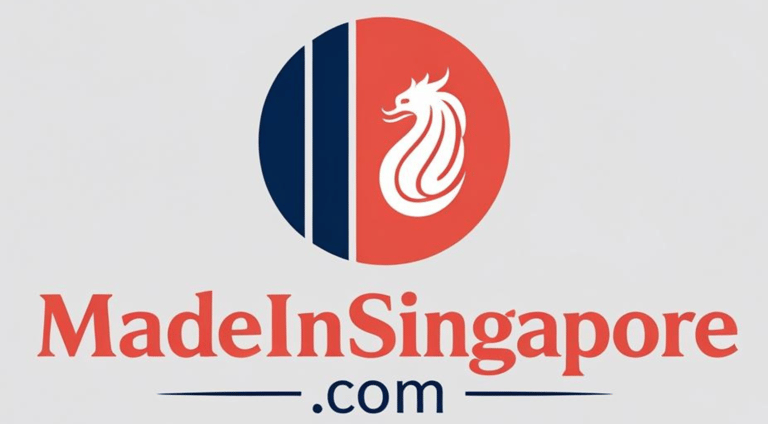Singapore Plastics Industry
The Singapore plastics industry
Significant player in the Asia-Pacific region, driven by its strong position as a manufacturing hub and its push toward a circular economy. While it has been historically reliant on single-use plastics, the industry is transitioning towards sustainable alternatives and innovative recycling technologies, supported by government initiatives.
Market size and growth
Plastic resin market: Generated $5.13 billion in 2023, with projections for rapid growth at a 25.4% compound annual growth rate (CAGR) to reach $25.07 billion by 2030. In 2023, Singapore accounted for 3.8% of the global plastic resin market.
Trade: Singapore is a major trading hub for plastics, with imports expected to reach $11 billion and exports projected to reach $20.2 billion by 2028.
Molded plastics: The molded plastics market is also a key segment, with significant growth potential driven by demand from the electronics, automotive, and medical devices sectors
Key market trends
Sustainability and circular economy: Driven by the Singapore Green Plan 2030, the industry is moving towards a circular economy model. This involves reducing single-use plastics and promoting recycling, with companies investing in biodegradable materials, recycling infrastructure, and traceability technology.
Technological innovation: The integration of Industry 4.0 technologies like automation, artificial intelligence (AI), and data analytics is helping to improve operational efficiency and product quality. Singapore is also a testing ground for advanced recycling technologies, such as chemical recycling.
Strategic hub for the region: Singapore's strong infrastructure and pro-business environment make it a regional launchpad for global and local companies. Its strategic location facilitates trade and technology adoption across Southeast Asia.
E-commerce growth: The boom in e-commerce is boosting demand for flexible plastic packaging, though sustainability concerns are pushing for innovations in eco-friendly and smart packaging solutions.
Growth in medical and electronics: The expanding healthcare and electronics manufacturing sectors in the Asia-Pacific region are driving demand for high-performance and precision-molded plastic components
Major companies
The Singapore plastics industry includes both major multinational corporations and strong local companies.
Notable companies:
SABIC: A global leader that has invested in Singapore to produce high-performance plastics for the Asia-Pacific market.
BASF: Operates a production plant for plastic additives on Jurong Island.
Mura Technology: A UK-based chemical recycling company that is building a 50,000-tonnes/year plant on Jurong Island.
SMX (Security Matters): In partnership with A*STAR, is developing a nation-scale plastic circularity platform using molecular tagging for traceability.
Sunningdale Tech: A public company specializing in precision plastic components.
Fu Yu Corporation Limited: A manufacturer of precision plastic and metal components.
Meiban Group Pte Ltd: Specializes in plastic molding and contract manufacturing.
Venture Corporation Limited: A technology solutions provider with plastics capabilities
Government support and outlook
The Singapore government is actively supporting the industry's transition toward sustainability through regulations and initiatives. The Extended Producer Responsibility (EPR) scheme is encouraging businesses to manage the end-of-life cycle of their products, which is a major driver for adopting advanced recycling technologies. While the path to "Zero Waste" presents challenges, Singapore's emphasis on innovation and strategic partnerships positions its plastics industry for continued growth
Contact Us
© 2025. All rights reserved.
DISCLAIMER
Disclaimer: Advertisements or links appearing on MadeInSingapore.Com do not constitute an endorsement or an approval by MadeInSingapore.com, RENEWABLE ENERGY SOLUTIONS, INC. or their members, officers, or shareholders, of any of the products, services, foods, or opinions of the organization or individual. MadeInSingapore.com, RENEWABLE ENERGY SOLUTIONS, INC. their members, officers, or shareholders, bear no responsibility for the accuracy, legality, or content of the external site or for that of subsequent links.
Disclaimer: Many of the advertisements on MadeInSingapore.com are provided free of charge. MadeInSingapore.com reserves the right to remove any free advertising at any time and without notice.
